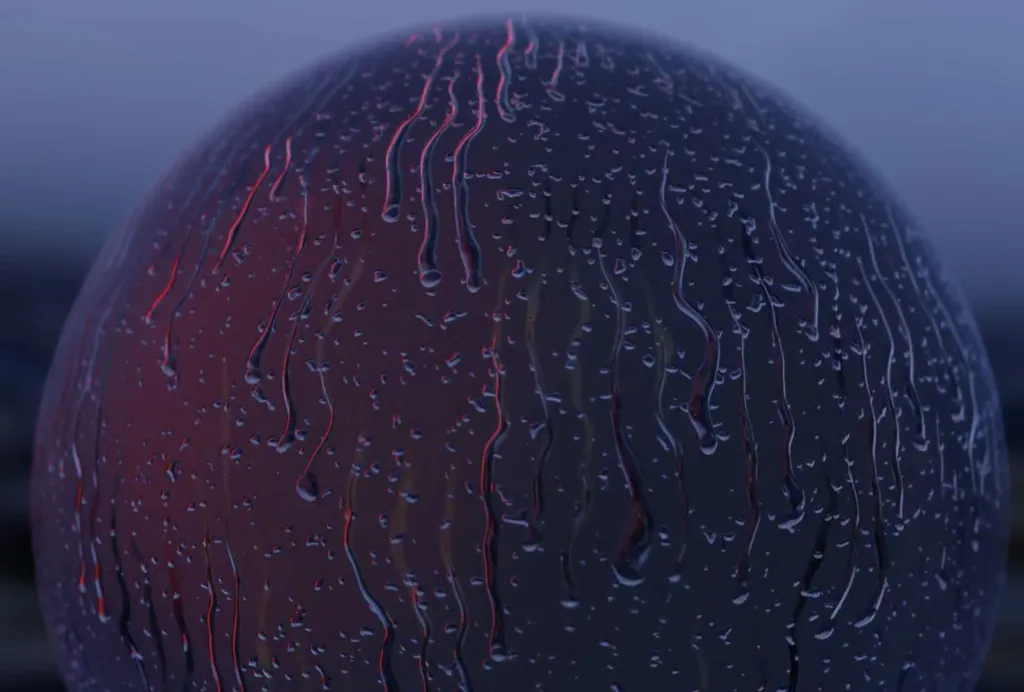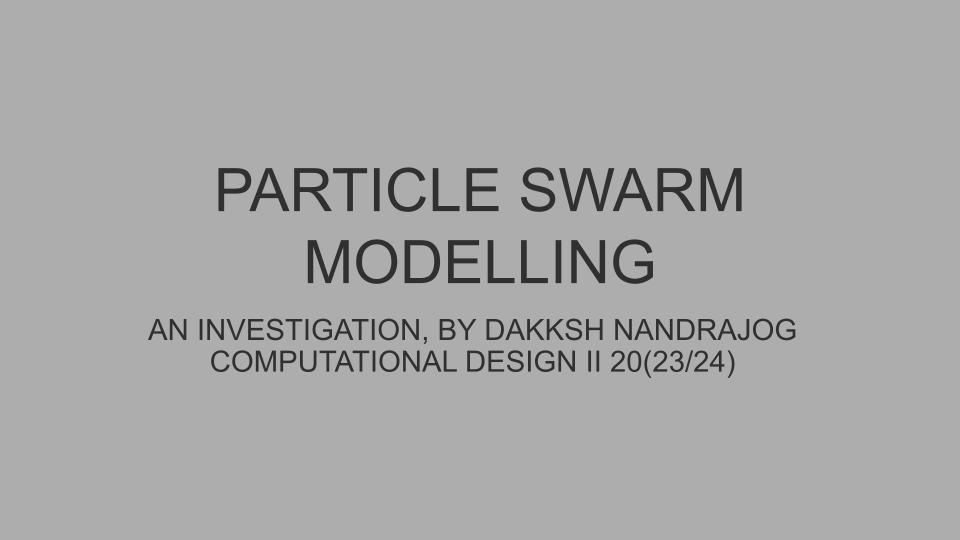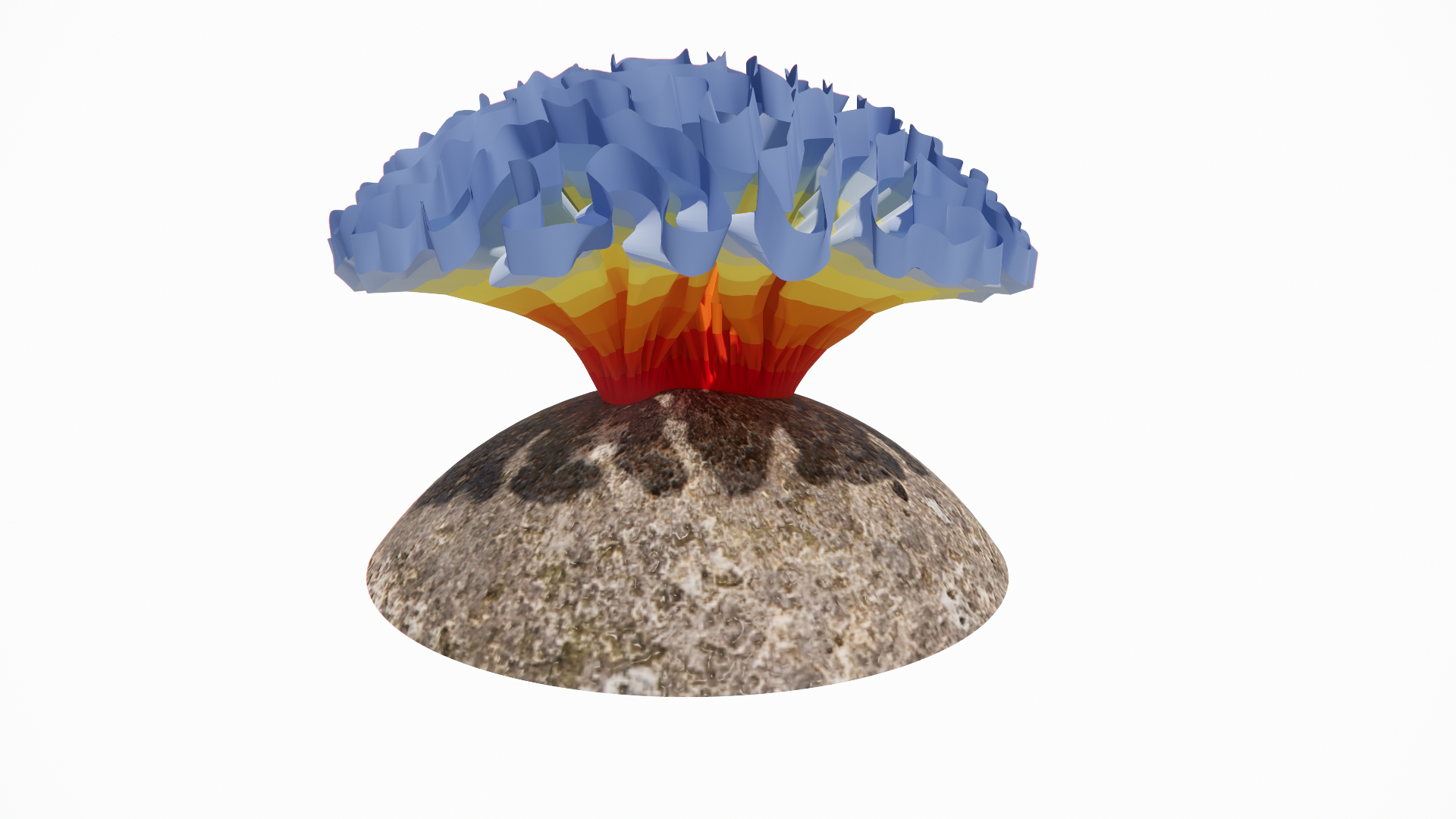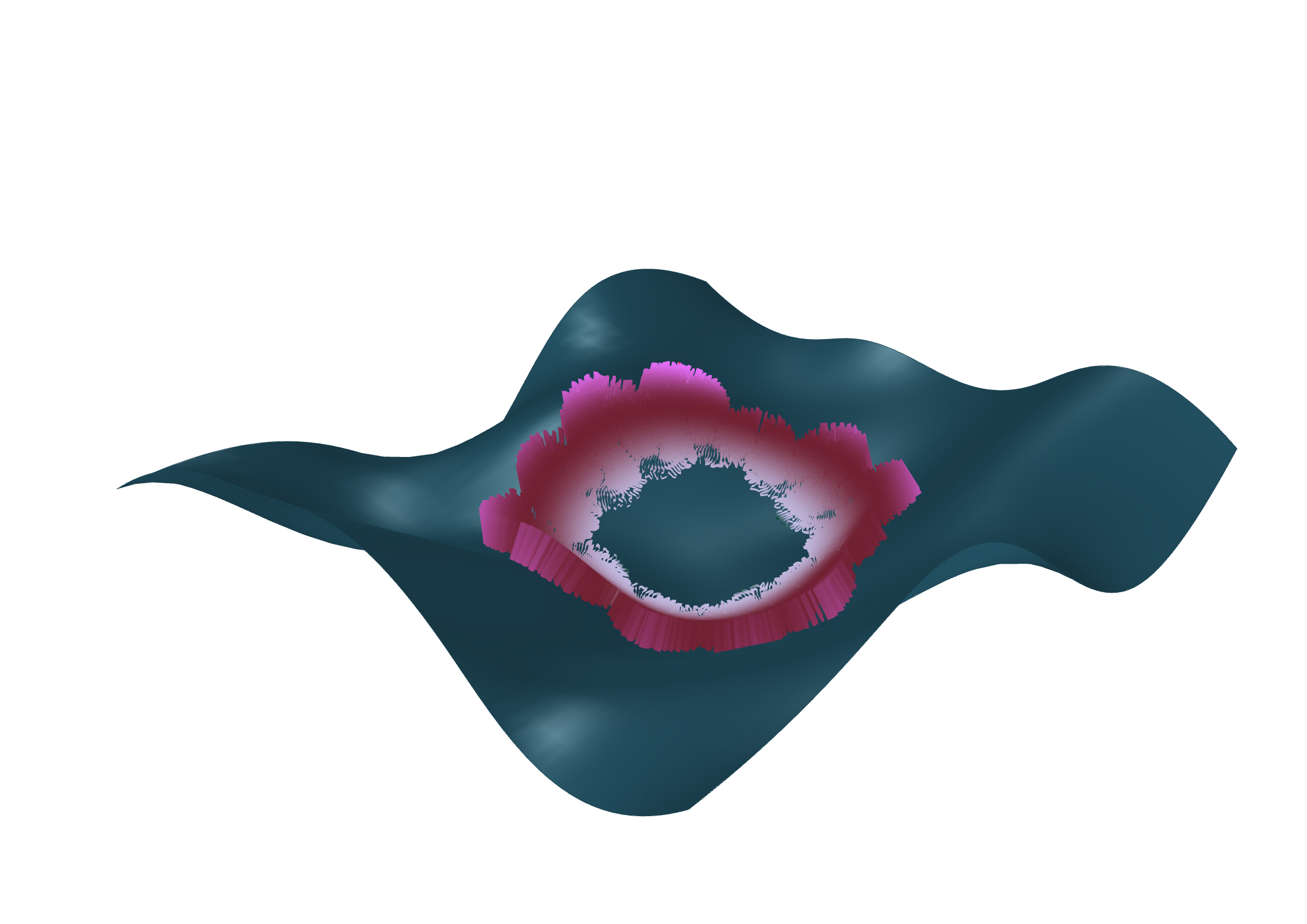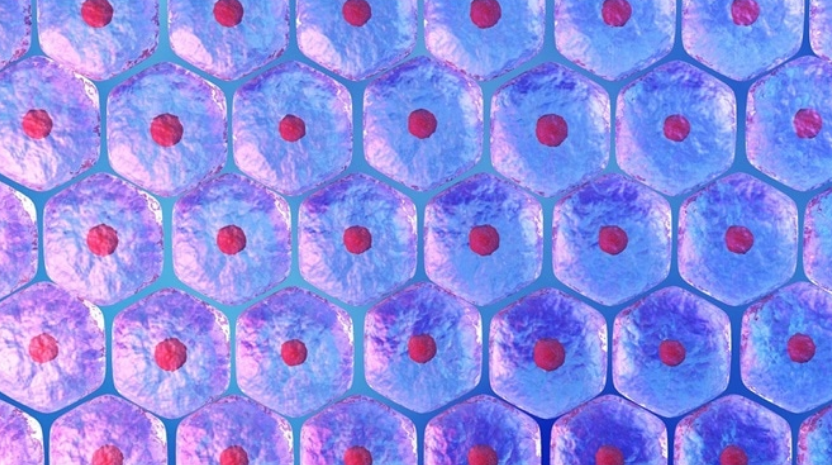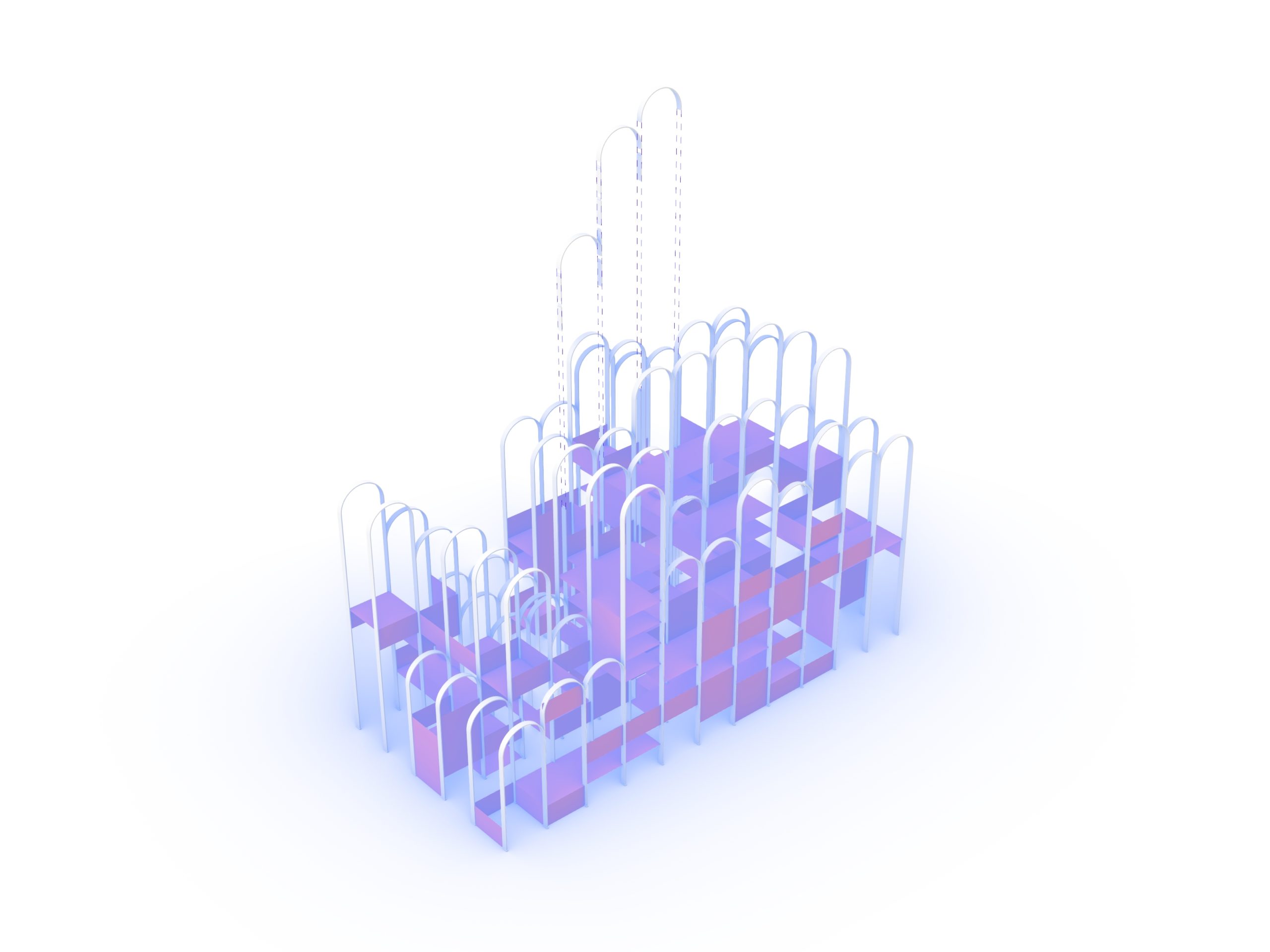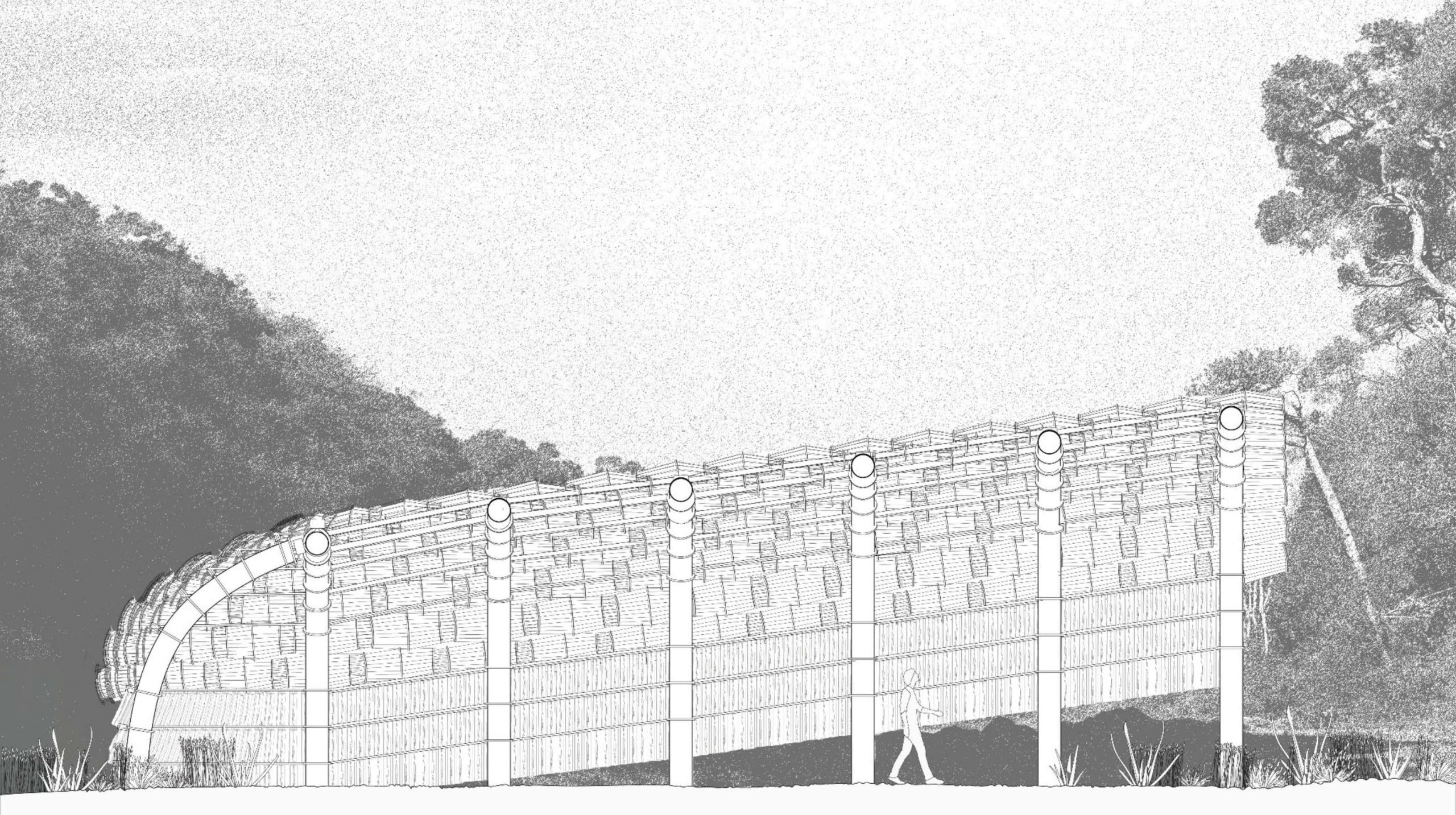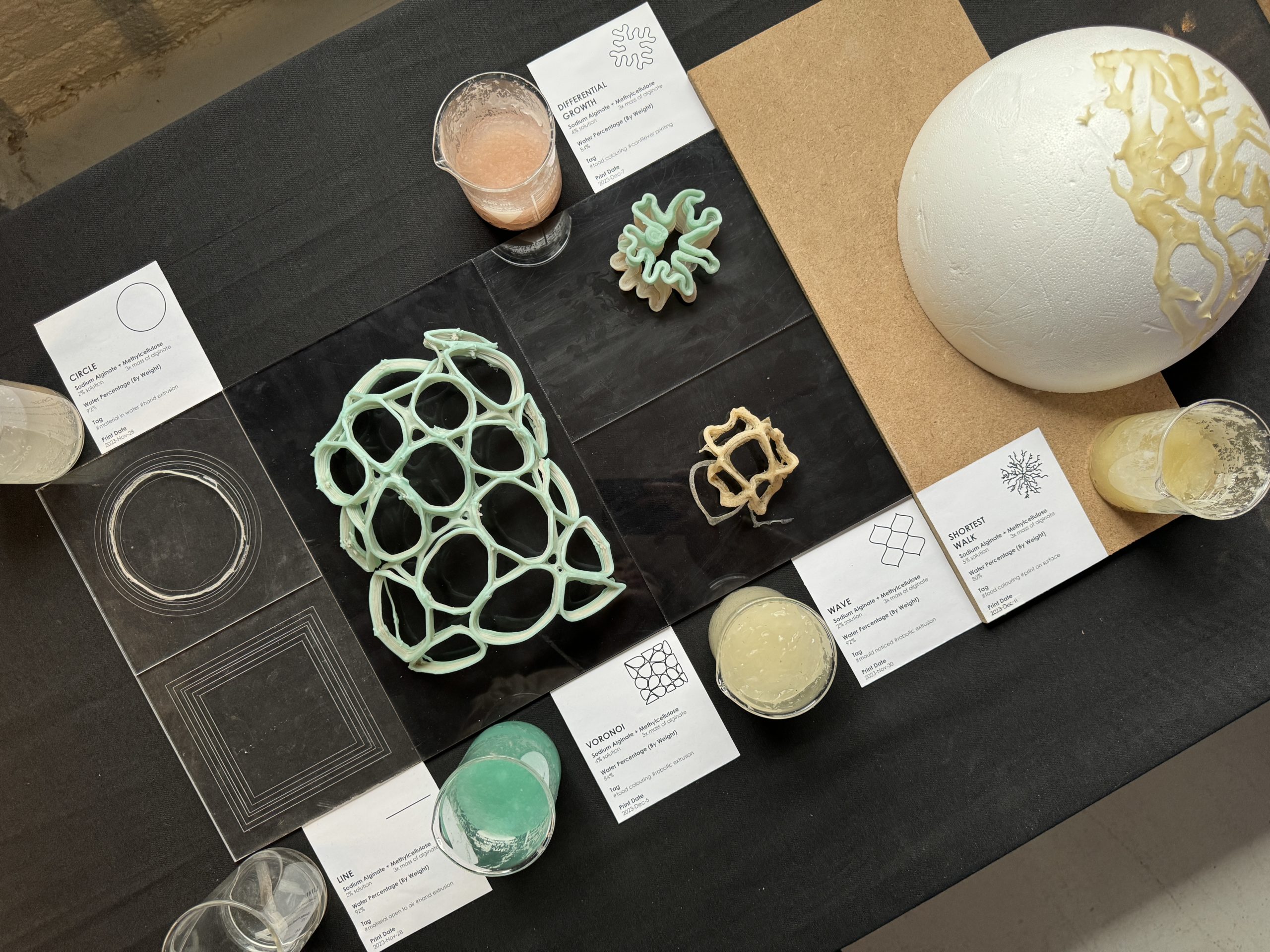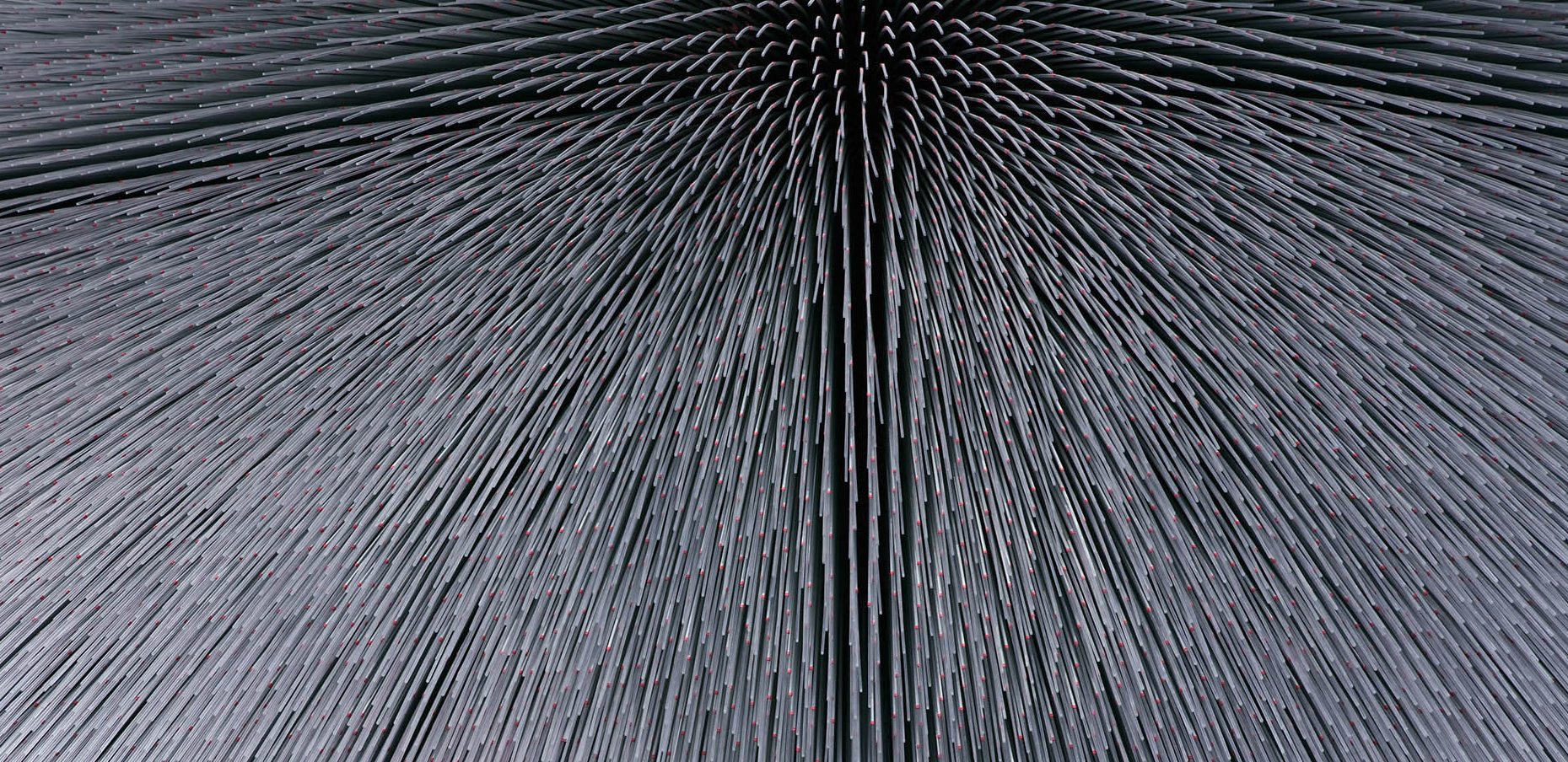Fluid_Dynamics_Rainfall_Simulation
Fluid dynamics is a branch of fluid mechanics that studies the motion and behavior of fluids, which include liquids and gases. It focuses on understanding how fluids respond to different forces, pressures, and environmental conditions. This field is fundamental to various scientific and engineering applications, ranging from the study of natural phenomena like atmospheric and … Read more

